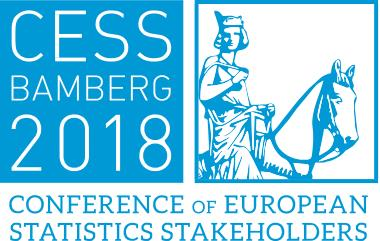The European Union has defined far-reaching policy development objectives in the context of the Cohesion Policy, the ten Commission priorities and more recently within the context of the Sustainable Development Goals and the Urban Agenda. These political initiatives share the challenge to provide adequate, statistical information on which to base the necessary policy actions. In order to implement the policy initiatives in the European context, there is a growing need for not only higher geographical detail and references related to administrative units, but also for information, that reflects the inherent structure of the social and economic reality at which European decisions and projects need to be targeted. As such, the structuring of information according to functional areas is complementary to the established administrative areas and regions.
With concepts such as the Labour Market Areas (LMAs), the established system of the territorial classification of NUTS based on the national administrative structures of Member States should be supplemented by the concept of “functional geographies”. The concepts of the LMAs attempt to reflect the phenomenon that with increasing mobility, administrative regions coincide to a lesser degree with the places where people live and work. Administrative regions cannot always address European and national policy needs as regional administrative boundaries are often the result of historical circumstances; they do not necessarily mirror the present day's social and economic reality; commuting might distort important regional data on NUTS such as GDP, employment/unemployment rates, consumption and environmental statistics.
LMAs can be defined as a geographic area designed for the purposes of compiling, reporting, and evaluating employment, unemployment, workforce availability and related topics. It is a statistically defined, economically integrated territory, where the majority of people live and work.
This article aims to present the main principles of the method for delineation of LMAs and based on some interesting results to demonstrate the European value added of this functional geography.
